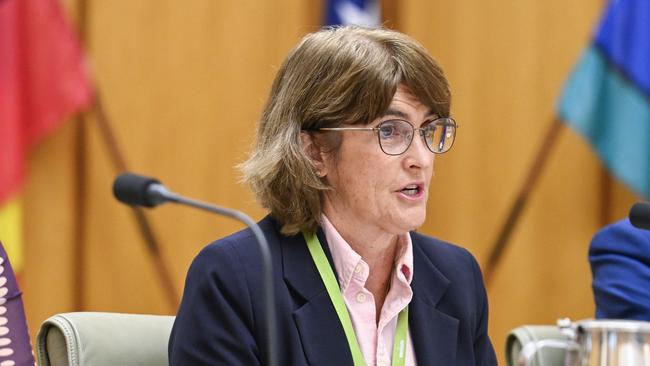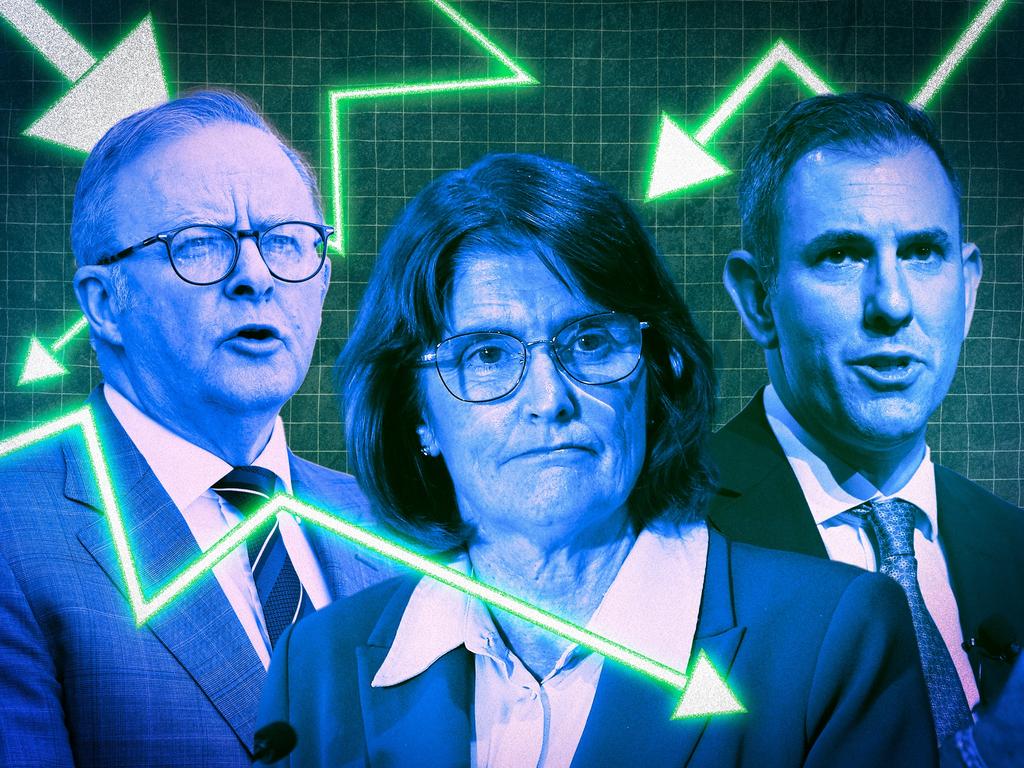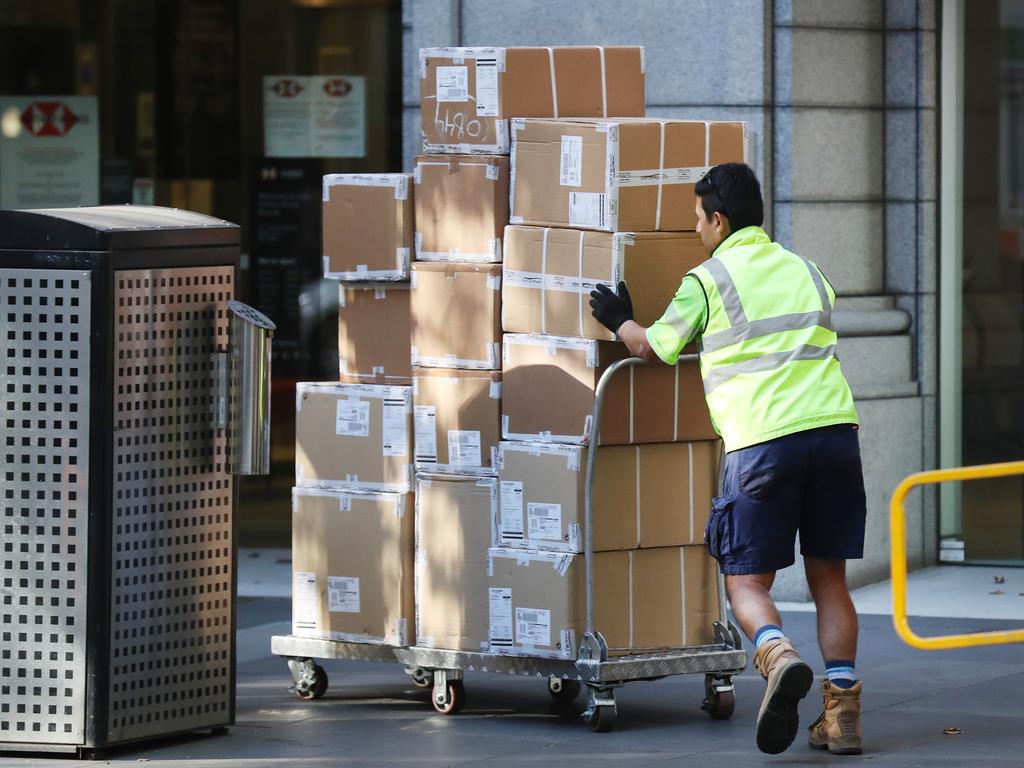RBA late to start raising rates, says Michele Bullock
Conceding that her predecessor Philip Lowe should have started raising interest rates earlier, Michele Bullock on Friday said the RBA board’s concern it could be acting too late again spurred it to cut the cash rate on Tuesday.

Reserve Bank governor Michele Bullock has conceded that her predecessor Philip Lowe should have started raising interest rates earlier than May 2022, and acknowledged that the board’s concern it could potentially be acting too late spurred it to cut the cash rate on Tuesday.
Speaking several days after the central bank finally delivered a quarter percentage point cash rate cut, Ms Bullock played down the prospect that the RBA would opt for further rate cuts in a hurry given the inflationary risk posed by bumper jobs growth.
“While the strong employment growth is good news for job seekers, we are alert to the possibility that it is signalling a bit more strength in the economy, which could delay or derail the disinflation process,” Ms Bullock told the House of Representatives economics committee on Friday.
Offering another reason for its decision to ease interest rates to 4.1 per cent, Ms Bullock said the central bank’s board had been motivated to move following concerns it risked dragging its heels in providing relief to household borrowers.
“What’s also playing on the board’s mind is that the board also doesn’t want to be late,” she said, revealing for the first time that the RBA may have been too slow off the mark when it initially moved to tame price pressures.
“Arguably, we were late raising interest rates on the way up. We didn’t respond as quickly as we should have to rising inflation.
“I think the board has been quite cognisant of that fact; that if we’re going to start reducing interest rates, then we need to be thinking of doing it, not when we are already back in the (2 to 3 per cent target) band, but as we start to get more confidence we’re coming back to the band,” she added.
Contacted by The Australian following Ms Bullock’s remarks, Dr Lowe declined to comment.
Responding to Ms Bullock’s comments, Jim Chalmers welcomed her “candour and frankness”, while Peter Dutton complimented the RBA’s chief’s tenure leading the central bank.
“Everyone is 20-20 with the benefit of hindsight. No doubt, the bank, if they believe that they’ve made mistakes in the past, they’ll learn from that so they can get it right into the future,” the Opposition Leader said.

The RBA’s first cash rate hike of its most recent tightening cycle came in the dying days of the Morrison government in May 2022 after new inflation figures released days earlier showed consumer prices accelerating to 5.1 per cent in the 12 months to March.
A further 12 rate hikes followed, taking the official cash rate to a 13-year high of 4.35 per cent as the RBA aggressively raised borrowing costs to cool inflation.
Challenger chief economist Jonathan Kearns, who formerly headed the RBA’s domestic markets department before departing the central bank in March 2023, said he didn’t find Ms Bullock’s comments surprising given the RBA had not anticipated inflation to peak at 7.8 per cent.
“With hindsight, knowing inflation then was much stronger, it would have been better to tighten earlier to lower the peak of inflation,” Dr Kearns said.
“There was a view that inflation wouldn’t follow the path of other countries – that was wrong.”
In response to global supply chain bottlenecks and a post-pandemic surge in consumer spending, central banks across the globe responded by hiking interest rates aggressively. However, the start of the RBA’s hiking cycle came months after that of its peers.
Senior RBA officials had previously claimed the delay in raising the cash rate was due to softer domestic inflation compared with other advanced economies.
Gareth Aird, head of Australian economics at Commonwealth Bank, said while most central banks would have started tightening earlier in hindsight, most were spurred to hike when inflation was at a much higher rate than when the RBA first moved.
“In terms of the rate of inflation when the RBA actually started hiking, it was lower than where it was in the US and other places,” Mr Aird said, pointing to the UK and Europe as examples.
Even as Ms Bullock noted the RBA’s job was “definitely not done”, the RBA governor earlier justified the central bank’s decision to lower the cash rate on Tuesday, saying that the board was better off delivering a rate reduction than waiting for further data.
“You can always say: ‘We’ll hold just until we get more confirmation, more data’. The problem with that is that at some point you’re probably going to be too late,” she said.








To join the conversation, please log in. Don't have an account? Register
Join the conversation, you are commenting as Logout